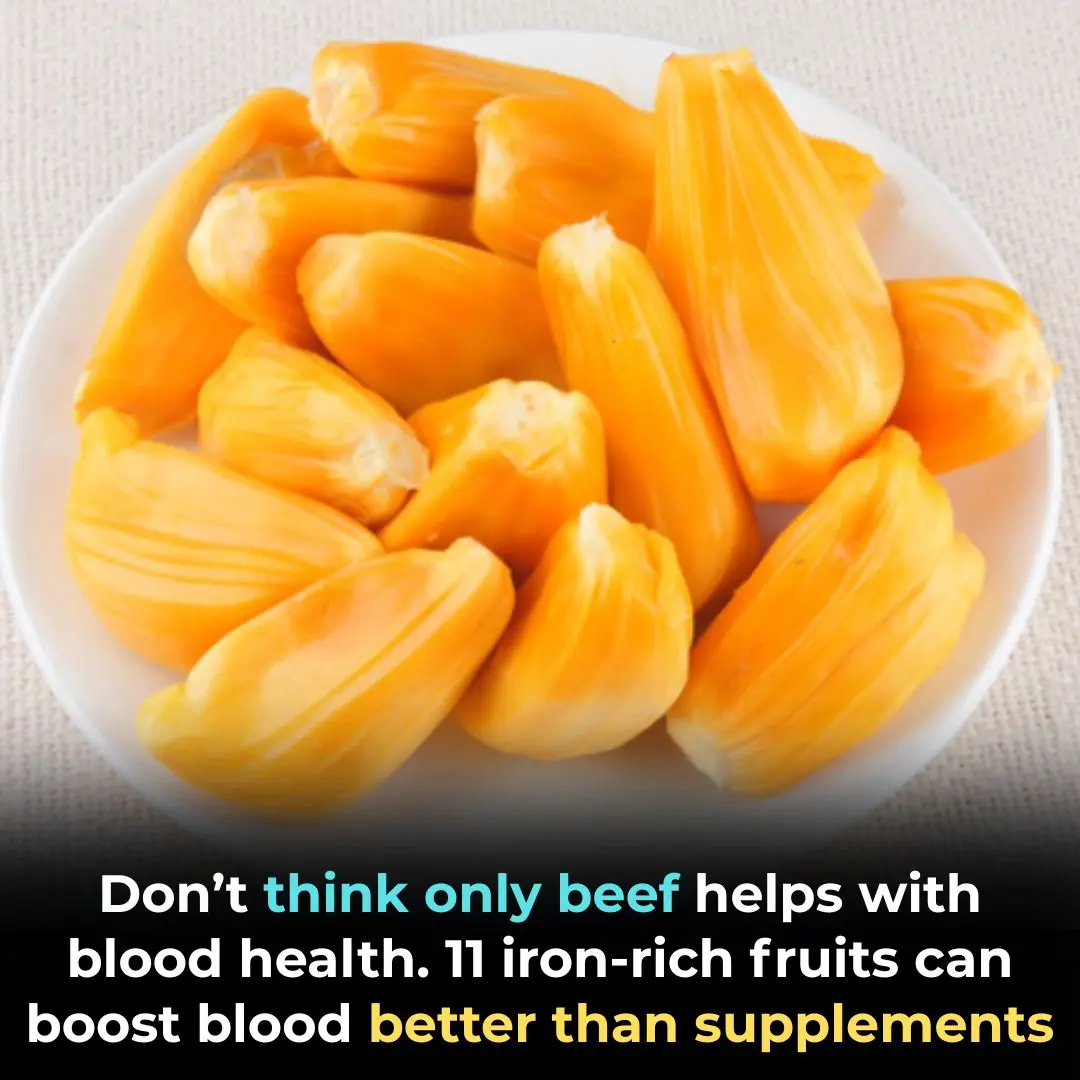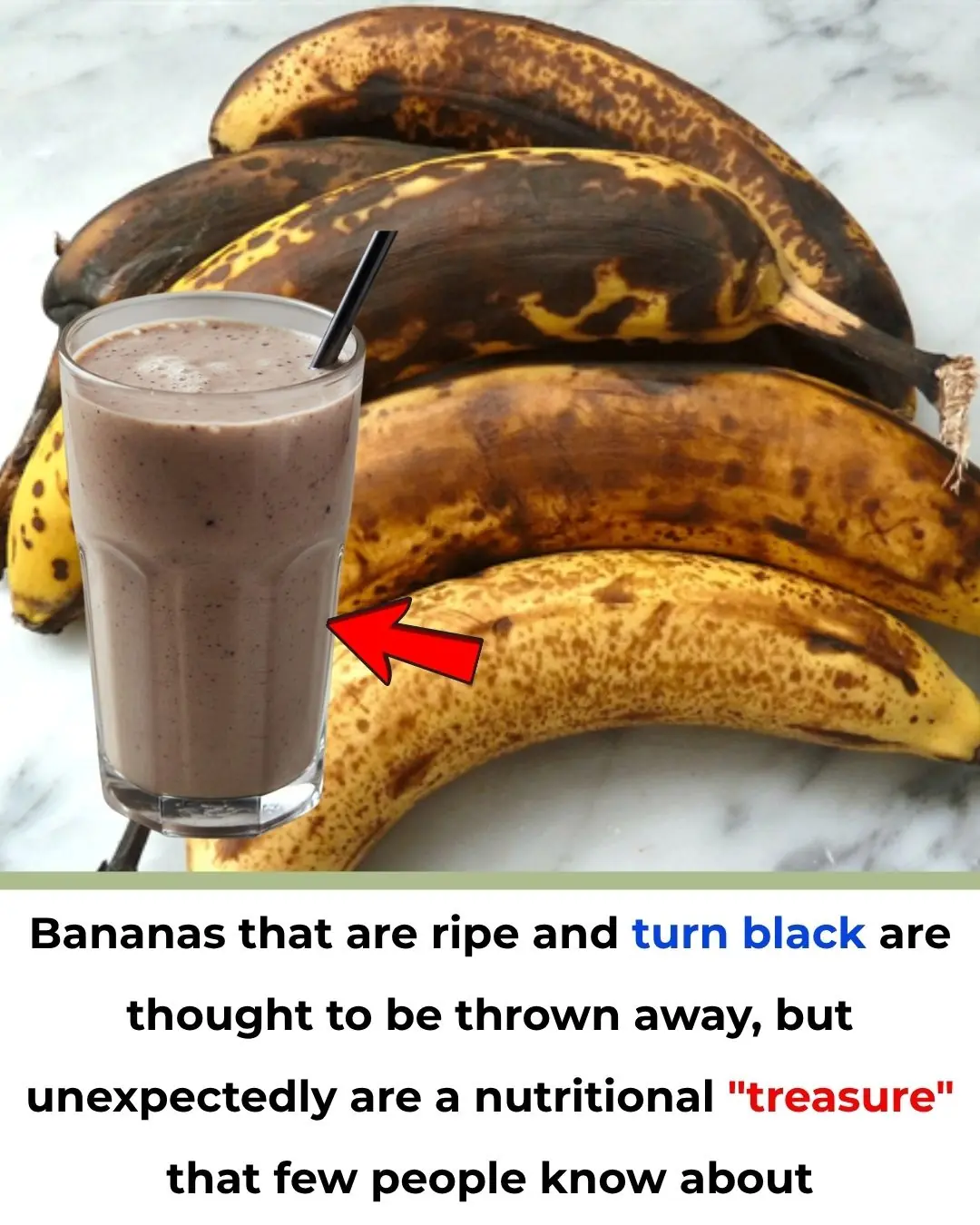
4 Cancer-Fighting Vegetables Backed by Science: Small Daily Habits for Long-Term Protection
Cancer remains one of the world’s most serious health threats, affecting millions of lives each year. Once diagnosed, it can significantly weaken the body, disrupt vital organs, and endanger life. That’s why prevention through lifestyle and nutrition has become a central topic in global health discussions.
According to the World Health Organization (WHO), about 30–50% of cancer cases could be prevented by avoiding key risk factors — including poor diet, inactivity, and smoking — and by eating a diet rich in fruits and vegetables.
Among the many foods studied, four vegetables stand out for their scientifically recognized ability to help protect cells from oxidative stress and support the immune system’s fight against abnormal cell growth.
1. Spinach — The Leafy Green Powerhouse
Spinach (Spinacia oleracea) is packed with vitamin C, folate, magnesium, iron, and plant antioxidants such as beta-carotene and lutein. These compounds help neutralize free radicals, the unstable molecules that can damage DNA and contribute to cancer formation.
Research from the Harvard T.H. Chan School of Public Health (2022) found that people who consumed leafy greens like spinach several times a week had a lower risk of colon and breast cancer, thanks to their high chlorophyll and fiber content, which help detoxify harmful compounds in the digestive tract.
🥬 Tip: Lightly sauté spinach in olive oil or add it raw to smoothies — excessive cooking can destroy heat-sensitive nutrients like vitamin C.
2. Kelp — A Sea Vegetable for Hormonal Balance
Kelp, or seaweed, is a traditional Asian superfood known for its rich iodine content, dietary fiber, and vitamin E. Studies have linked iodine deficiency to a higher risk of breast and thyroid disorders, both of which can affect hormonal balance (National Cancer Institute, 2023).
Compounds found in kelp — such as fucoidan and laminarin — have been shown in lab studies to inhibit the growth of certain cancer cells and enhance immune activity (Marine Drugs Journal, 2021).
🌊 Tip: Incorporate kelp or kombu into soups or broths 1–2 times a week for a natural source of iodine. However, people with thyroid conditions should consult a doctor before increasing iodine intake.
3. Cauliflower — A Detoxifying Cruciferous Hero
Cauliflower and its green cousin, broccoli, belong to the cruciferous vegetable family, known for their high content of glucosinolates, which convert into isothiocyanates — powerful anti-cancer compounds that help the body neutralize carcinogens.
According to the American Institute for Cancer Research (AICR), regular consumption of cruciferous vegetables is linked to a reduced risk of pancreatic, lung, and stomach cancers. Cauliflower also provides natural folate, which supports healthy DNA repair and prevents mutations that could lead to tumor growth.
🥦 Tip: Lightly steam or roast cauliflower instead of boiling to preserve its glucosinolates. Pair it with garlic or turmeric for an extra anti-inflammatory boost.
4. Radish — A Natural Detox and Immunity Booster
Radishes are crisp root vegetables rich in vitamin C, zinc, and mustard oils that transform during cooking into isothiocyanates, compounds with known anti-gastric and anti-colorectal cancer properties (Food Chemistry Journal, 2020).
They also contain lignin, a type of plant fiber that enhances macrophage activity — the immune cells responsible for engulfing and destroying abnormal cells. Regular consumption can thus improve immune response and help the body eliminate toxins naturally.
🌿 Tip: Enjoy fresh radishes in salads or pickle them lightly to preserve their natural enzymes. Their mild spiciness stimulates digestion while promoting gut health.
Beyond Vegetables: Lifestyle Habits That Strengthen Prevention
While these four vegetables are valuable allies, true cancer prevention requires a holistic approach:
-
Eat at least five portions of fruits and vegetables daily, focusing on variety and color.
-
Limit processed meat, sugary beverages, and alcohol, which increase oxidative stress.
-
Maintain a healthy weight and engage in 150 minutes of moderate exercise per week.
-
Avoid smoking and secondhand smoke exposure.
-
Get regular screenings for early detection of breast, cervical, and colorectal cancers.
The World Cancer Research Fund (2024) emphasizes that “no single food prevents cancer, but a pattern of nutrient-rich, plant-based eating significantly reduces lifetime risk.”
In Summary
Including spinach, kelp, cauliflower, and radish in your weekly meals offers a natural shield for your body’s defense system.
They supply antioxidants, fibers, and phytonutrients that help the body repair DNA, control inflammation, and boost immunity.
Combined with good habits and regular checkups, these vegetables form a simple yet powerful step toward a cancer-resistant lifestyle.
As the WHO Global Cancer Initiative reminds: “Prevention starts in the kitchen — every healthy choice today builds protection for tomorrow.”
News in the same category


39 Year Old Dr. Jermaine Whirl Named President of Savannah State, Becoming Youngest HBCU President in History

A Dad Painted His Daughter as Mona Lisa and Her Reaction is Priceless

Former NASA Rocket Scientist Aisha Bowe to Make History as Crew Member on Blue Origin’s First All-Woman Spaceflight

21-Year-Old Yale Juniors Raise $3M in 14 Days for New AI-Powered Social Media App ‘Series’

11-year-old Philanthropist Gives Chicago Some California Love by Raising Over $60,000 for the Windy City’s Homeless

Megan Thee Stallion Brings Queen Latifah to Coachella for Shining Moment of Black Girl Magic

5 Essential Life-Saving Skills Every Child Should Learn Early

Why Every Home — No Matter How Small — Should Grow Vietnamese Coriander

Don’t Throw Away Coffee Grounds — You’re Tossing Money and Magic!

Growing Culantro at Home: A Small Herb with Big Medicinal Power

4 Types of Plants Said to Attract Snakes — and What Science Really Says About Safety Around Your Home

Don’t just think “beef for blood.” 11 fruit choices that can help your iron status — with science to back it

Published 10:25 15 Oct 2025 GMT+1 Warning issued as YouTuber has phone explode on him for first time ever during insane bend test video

How single drop of toxic metal led to teacher's agonizing death 10 months later

LeBron James Makes History as First Professional Male Athlete to Receive a Barbie

This Dad Did The Sweetest Thing When His Daughter Got Stage Fright During Her Ballet Performance

This Family Bought The Land Their Ancestors Picked Cotton On And Hosted An Unforgettable Holiday Gathering
News Post

“Little Warrior: How Raedyn’s Strength and His Mother’s Instincts Kept Him Fighting”

GOODBYE, SWEET SELENA — A MOTHER’S LAST EMBRACE

40-Year-Old Parrot Waits Alone for 2 Weeks in Empty Home, Collapses After Finally Being Rescued.

When the Music Became a Goodbye.

The Elephant Who Collected His Own Toll.

Why Drinking Water on an Empty Stomach Is Beneficial

The reason behind children not visiting their parents

Bananas that are ripe and turn black are thought to be thrown away, but unexpectedly are a nutritional "treasure" that few people know about

Great tips for the bathroom: Disposable masks can 'eliminate' bad odors, making the space surprisingly clean and fragrant

Powerball Winner Turns $2 Billion Fortune Toward Rebuilding Fire-Ravaged L.A. Homes

The Astonishing Claim That Humans Might Be Built for 20,000 Years

Save this for when you need it: How to cure 46 diseases with medicine-free tips

The Dying Lions of Khartoum: A Cry for Compassion Amid Collapse

The Gentle Embrace: A Baby Elephant’s Heartfelt Hug.

Why do gourmets always choose places with lots of leftover tissues when eating out?

Signs Your Adult Child May Resent How You Raised Them

Full Circle: The Boy Who Saved the Woman Who Once Saved Him.

What’s the Reason Behind Painting Trees White?

When ants randomly crawl into the house, here's what the Universe is trying to tell you
